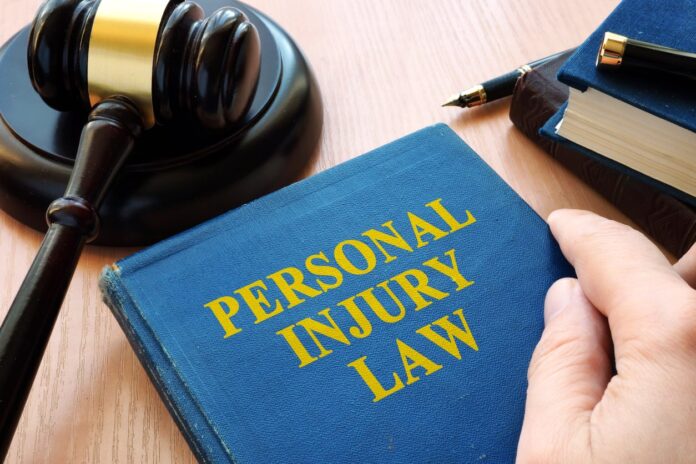Most people know that they have a right to file a claim against someone who has injured them. A significantly smaller portion understands the type of case to file, whom they should file against, and the possible amount of compensation they are viable to receive. While the knowledge that you need to file a lawsuit is an important first step in fighting for your rights, Hale Law will help you understand the type of lawsuit you should file by contrasting and comparing the elements of medical malpractice and personal injury claims.
Difference In Definition
Medical malpractice is a type of personal injury suit that tends to be more complex than the others, e.g., slip and fall or car accidents. When filing a medical malpractice claim, you can only pursue a certified healthcare professional for injuries that they inflicted because of medical neglect or error. Lawyers seeking medical malpractice claims must prove that the healthcare establishment or professional concerned failed to meet the minimum standard of care expected when treating patients.
Personal injury is a blanket term for various civil lawsuits where a person’s negligence or recklessness inflicts injury on third parties. When pressing a personal injury suit, your attorneys will have to prove that the negligent or reckless party caused your injuries, resulting in a tangible financial and emotional loss.
The difference In Burden Of Proof
When patients suffer injury in a professional medical establishment, they are charged with the burden of proving that the medical professional’s actions directly caused them harm. Malpractice lawyers rely on qualified experts who review the patient’s medical records and treatment. These experts will identify any issues that give rise to a claim by identifying the treatment and service you ought to have received if offered the acceptable standard of care. The malpractice legal team also provides documentation and evidence that speaks to the lack of standard medical care and treatment.
Personal injury claims are usually determined by the injured party’s ability to prove that the negligent or reckless party had a responsibility to exercise reasonable care during their interaction. These suits are much simpler than medical malpractice because your legal team will not need to rely on experts to determine whether there was a breach of duty of care. A drunk driver recklessly endangered pedestrians and motorists and should be held liable for all resulting injuries. The burden of proof is similarly elementary in cases of dog bites, unsafe work conditions, or homeowners that do not maintain their premises.
In both cases, justice demands that injured parties that were not at fault should not be obliged to cater to injury-related expenses and losses inflicted by a negligent or reckless third party. The law entitles injured parties to fair financial recovery after the incident by ordering compensation for lost income, medical expenses, and emotional injury.
Common Types Of Medical Malpractice And Personal Injury Claims
Medical malpractice claims are usually caused by a deviation from the minimum ethical standards set for medical professionals and establishments. The everyday basis for malpractice claims is failure to treat, delayed diagnoses, misdiagnoses, missed diagnoses, surgical errors, prescription medication errors, faulty medical equipment, childbirth injury, faulty medical equipment, and errors in lab tests or lab reports.
The consequences of medical negligence or recklessness could be mild or catastrophic. Some patients suffer mild allergic reactions, while others suffer life-altering consequences like infertility, paralysis, amputated limbs, and severe damage. It would be best to discuss your original ailment with the malpractice lawyer when pursuing a medical malpractice claim. You will also need to share all your medical records with the legal team for their experts to analyze the salient factors in your case.
Personal injury claims will be pursued using various strategies depending on the parties involved, degree of injury sustained and type of duty owed by the reckless or negligent party. Where you are injured by a party with an insurance company charged with handling liability claims, your attorneys will contact the insurer’s legal team and notify them of your claim. Insurers often opt to settle viable claims using out-of-court settlements to avoid lengthy and expensive court cases. Most personal injuries can be solved using settlements because most states legally mandate insurance for drivers, homeowners, and employers.
Your legal team will advise you on the pros and cons of accepting a settlement instead of pursuing a lawsuit. Each case is unique. Clients are best served by taking settlements at times, especially if they are generous. In other instances, clients prefer to hold out on accepting payment in anticipation of the issuance of a fairer court-ordered compensation.























